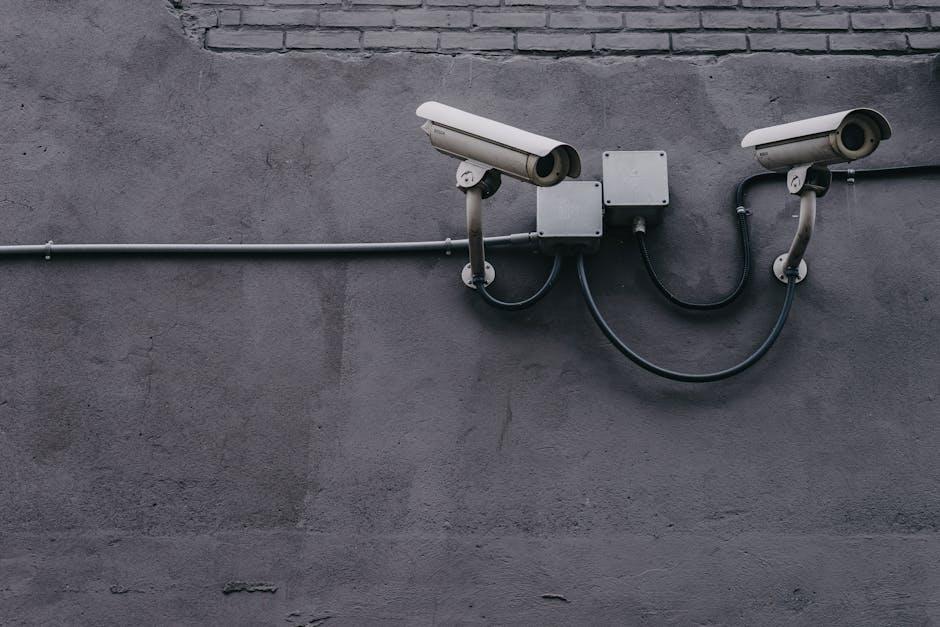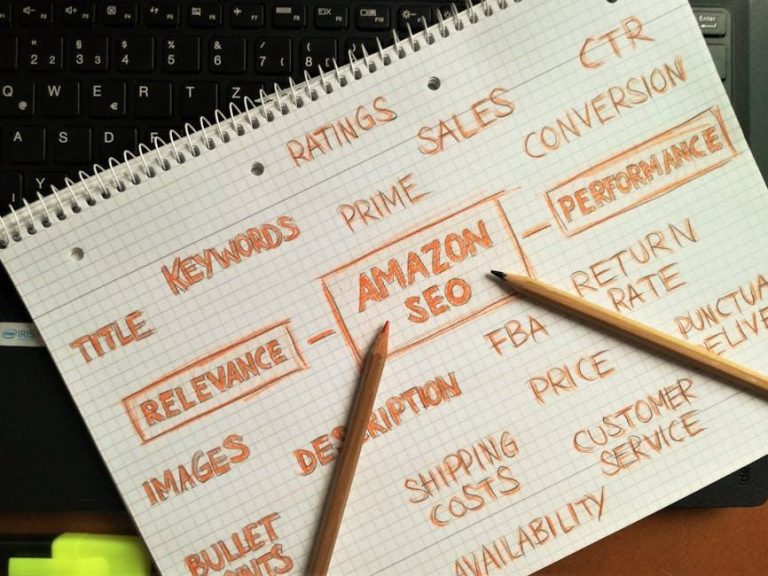Welcome to the glittering utopia of digital health, where your most intimate medical secrets are just waiting to be pirated by some keyboard warrior with too much free time. Yes, because nothing screams “advanced healthcare” like leaving patient information lying around for cybercriminals to snack on. In this riveting exposé, we’ll tear apart the pathetic attempts at cybersecurity in the digital health arena—where protecting your data is treated like an afterthought and breaches are practically a daily special. Buckle up, folks, as we drag through the no-BS truth about why your private health info is more exposed than your embarrassing search history and what it actually takes to keep those nosy hackers at bay. Spoiler alert: It’s not rocket science, but apparently, some still think it is.
– Another Day, Another Data Breach: Digital Health’s Ongoing Security Fiasco
Oh, fantastic. Just when you thought your medical history was safe, another shiny data breach pops up in digital health. It’s almost like these companies are playing a game of “How Poorly Can We Protect Patient Information?” Here are some stellar ways they keep failing:
- Outdated software: As who needs the latest security patches?
- Weak passwords: “Password123” anyone?
- Lax access controls: letting anyone and everyone peek at sensitive data.
And let’s not forget the charming aftermath of these fiascos: frantic PR disasters and apologies that mean zilch. It’s truly impressive how effortlessly these breaches happen.Check out this enlightening table that showcases just how “secure” things really are:
| Year | Number of Breaches | Patients Affected |
|---|---|---|
| 2021 | 18 | 75,000 |
| 2022 | 25 | 150,000 |
| 2023 | 32 | 200,000 |
But hey, who needs privacy when you can have free exposure, right?

– Patient Info for Profit: How Hackers Are Turning Your Health records into Cash
Welcome to the wonderful world where your health records are the hottest commodity on the dark web. Forget bitcoin and NFTs—hackers are raking in cash by flipping your personal medical data like it’s the latest sneaker drop. They’re not picky either; everything from your embarrassing diagnoses to your bank details is fair game. here’s a sneak peek into their lucrative little marketplace:
- Social Security Numbers: Because nothing says “secure” like handing over the key to your entire financial existence.
- Medical Histories: Perfect for crafting believable fake identities or blackmail material. Who knew your back pain could be so profitable?
- Insurance Details: Ideal for cooking up fraudulent claims and leaving you with the bill. Cheers to their side hustle!
and just when you thought it couldn’t get any worse, these data hustlers are turning your private info into their private payday with alarming efficiency. Check out how they’re profiting from your precious data:
| Data Type | Estimated Value (USD) |
|---|---|
| Social Security Number | $10 – $50 |
| Complete Medical Record | $50 – $100 |
| Insurance Information | $25 – $75 |
So, while you’re busy worrying about your latest health scare, rest assured that your data is already being monetized behind the scenes. It’s like a twisted version of reality TV where you’re the unwitting star,and hackers are just here to make a quick buck.Bravo, cybersecurity, bravo.

– Stop Being Complacent: encryption isn’t Optional, It’s a Lifesaver
still treating encryption like an optional accessory? Brilliant move! By skipping encryption, you’re basically giving hackers a VIP pass to your patients’ most sensitive information. Let’s break down the perks you’re absolutely *not* enjoying:
- Identity Theft: Because who doesn’t love waking up to someone else’s credit card bill?
- Data breaches: Enjoy the chaos and the frantic attempts to fix your “security” holes.
- Regulatory Fines: Nothing screams “responsible” like hefty penalties for negligence.
Ready to stop being the laughingstock of digital health? Here’s how you can actually protect patient information without breaking a sweat:
- End-to-End Encryption: Ensure data is locked down tighter than your outdated office password.
- regular Security Audits: find and fix vulnerabilities before the hackers even think about them.
- Employee Training: Teach your team that “password123” isn’t a legitimate security measure.
| Action | Description |
|---|---|
| Implement SSL/TLS | Encrypt data in transit to keep eavesdroppers guessing. |
| Use AES Encryption | Secure data at rest like a pro – because your patients deserve better. |
| Regular Updates | Patch those pesky vulnerabilities before they become your downfall. |

– Get Your Sh*t Together: Practical Steps to Actually secure Patient Data
Enough with the half-assed attempts to protect patient data. It’s time to step up your game and actually implement some basic security measures. stop treating sensitive information like it’s just another spreadsheet on your desktop. Here’s how you can stop being the laughingstock of cybersecurity:
- Use Strong, Unique Passwords: If your password is “admin123,” you’re basically leaving the door wide open for hackers to waltz in.
- Enable Multi-Factor Authentication (MFA): Because relying solely on a password is like relying on a screen door for your fortress.
- Regularly Update Software: Ignoring updates? Great idea if you love surprise data breaches.
- Train Your staff: No, phishing emails don’t bite… accept when they do, and your data is compromised.
Still not convinced? Check out this delightful table that spells it all out for you:
| Action | Why It Matters |
|---|---|
| Strong Passwords | Prevents easy access for the lazy hackers |
| Enable MFA | Adds an extra layer of annoyance for intruders |
| Update Software | Closes those pesky security loopholes |
| Staff Training | Turns your team from clueless to cyber-savvy |
Get your act together and follow these steps, or watch your patient data become someone else’s problem. Your choice.
Q&A
Q1: So, why should I even care about cybersecurity in digital health?
A1: Oh, absolutely nothing—if you enjoy having your most intimate medical secrets sold to the highest bidder or proudly displayed on some cyber black market. But if, you know, you actually care about not having your private health info leaked to strangers who couldn’t care less about your ankle sprain, then yeah, cybersecurity in digital health is kinda important.
Q2: how likely is it that my patient data gets hacked?
A2: Pretty likely—think of it as the lottery, but rather of winning money, you “win” having your data compromised. With the sheer number of cyberattacks happening daily, your patient info is probably safer in a movie script than in reality. So, unless your data’s still buried under a rock, odds are it’s on some hacker’s wishlist.
Q3: What are the biggest threats to patient information in digital health?
A3: Oh, just your everyday cybercriminals who adore phishing, ransomware, and data breaches more than actual criminals. Not to mention those blissfully unaware staff members clicking on every shady link that pops up in their inbox.It’s like a hacker’s amusement park out there, and they’re here for the free rides.
Q4: Can healthcare providers really do anything to protect patient data?
A4: Shocking revelation: yes,they can! Implementing robust security measures,training staff to stop clicking on suspicious emails,and regularly updating systems. It’s not rocket science, folks. If only some providers would stop treating cybersecurity like it’s that annoying chore you keep putting off until disaster strikes.
Q5: What’s the biggest mistake companies make in securing patient information?
A5: Thinking “it won’t happen to us” is a perfectly solid security strategy. Spoiler alert: it’s not. Another classic blunder? Relying on outdated software because updating is “too much effort.” It’s like locking your front door but leaving the keys under the mat—foolproof, right?
Q6: How can patients protect their own health information?
A6: Start by using strong, unique passwords for your health portals—no, “password123” isn’t cutting it. Keep an eye on your records like a hawk, question any suspicious activity, and for the love of all that’s digital, don’t overshare your info on sketchy websites. Basically, treat your data like the precious gem it is, instead of that random trinket you left at a yard sale.
Q7: Is there any hope for the future of cybersecurity in digital health?
A7: Absolutely—if we stop treating it like a backseat driver and give it the priority it deserves. With advancements in technology and a bit more common sense, we can actually keep patient information safe.But hey, no pressure. let’s just watch as breaches continue to roll in like it’s going out of style.
Q8: What role does government regulation play in protecting patient data?
A8: A huge one, actually. Regulations like HIPAA are supposed to keep healthcare providers in check, ensuring they don’t turn patient data into a free-for-all. It’s like having traffic laws for the digital highway—without them, everything’s chaos. Of course, enforcement can sometimes be as effective as a screen door on a submarine, but rules are better than nothing.
Q9: Are there any success stories where cybersecurity measures considerably improved digital health security?
A9: Sure, there are shining examples where healthcare institutions stepped up their game—implemented encryption, regular security audits, and employee training programs—and actually saw a drop in breaches. It’s not rocket science, just a little commitment and investment. Who knew being responsible could actually pay off?
Q10: What’s the bottom line on cybersecurity in digital health?
A10: if you’re into keeping your sensitive health information safe and out of the hands of clueless hackers, then yeah, cybersecurity is a big deal. It takes effort, money, and a no-nonsense attitude, but guess what? So does avoiding a world of data-disaster fun.So, buckle up and take it seriously—your health data will thank you, even if your IT team won’t stop whining about it.
In Retrospect
So, there you have it. In the glamorous world of digital health, where your sensitive info is just minutes away from a hacker’s next party trick, securing patient data isn’t just a nice-to-have—it’s the bare minimum. But hey, who needs privacy when you can have convenient yet vulnerable apps, right? As we barreling toward an increasingly connected future, let’s hope the so-called guardians of our health information wake up from their Silicon valley dreams and get their act together. Until then, keep your fingers crossed that your next telehealth session doesn’t double as a cybersecurity nightmare. Stay safe, or don’t—because clearly, someone’s got to take this seriously.


